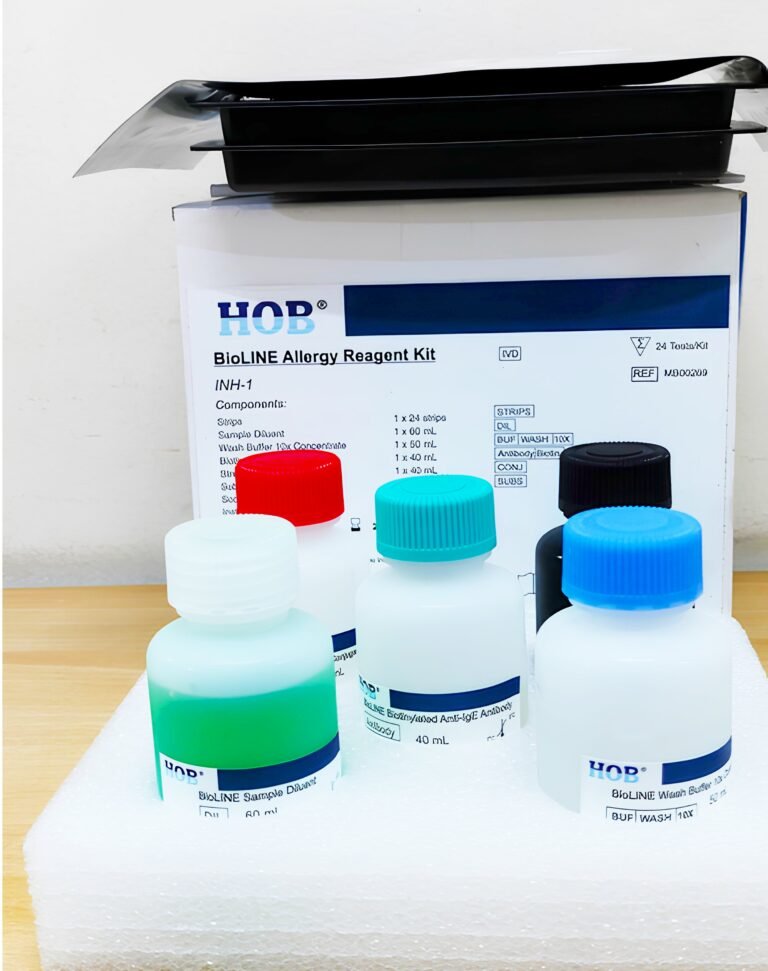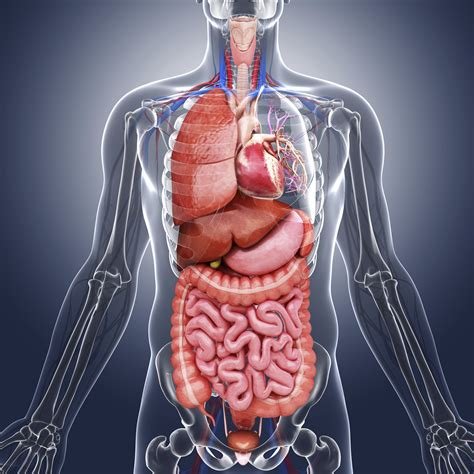Navigating the Complex Landscape of Food Allergy Complications
Introduction: Food allergies have become an increasingly prevalent concern in today’s world, affecting millions of individuals worldwide. While the allergic reaction itself is challenging, it’s crucial to understand that food allergies can give rise to a range of complications that extend beyond the immediate symptoms. In this blog post, we will delve into the intricate…










